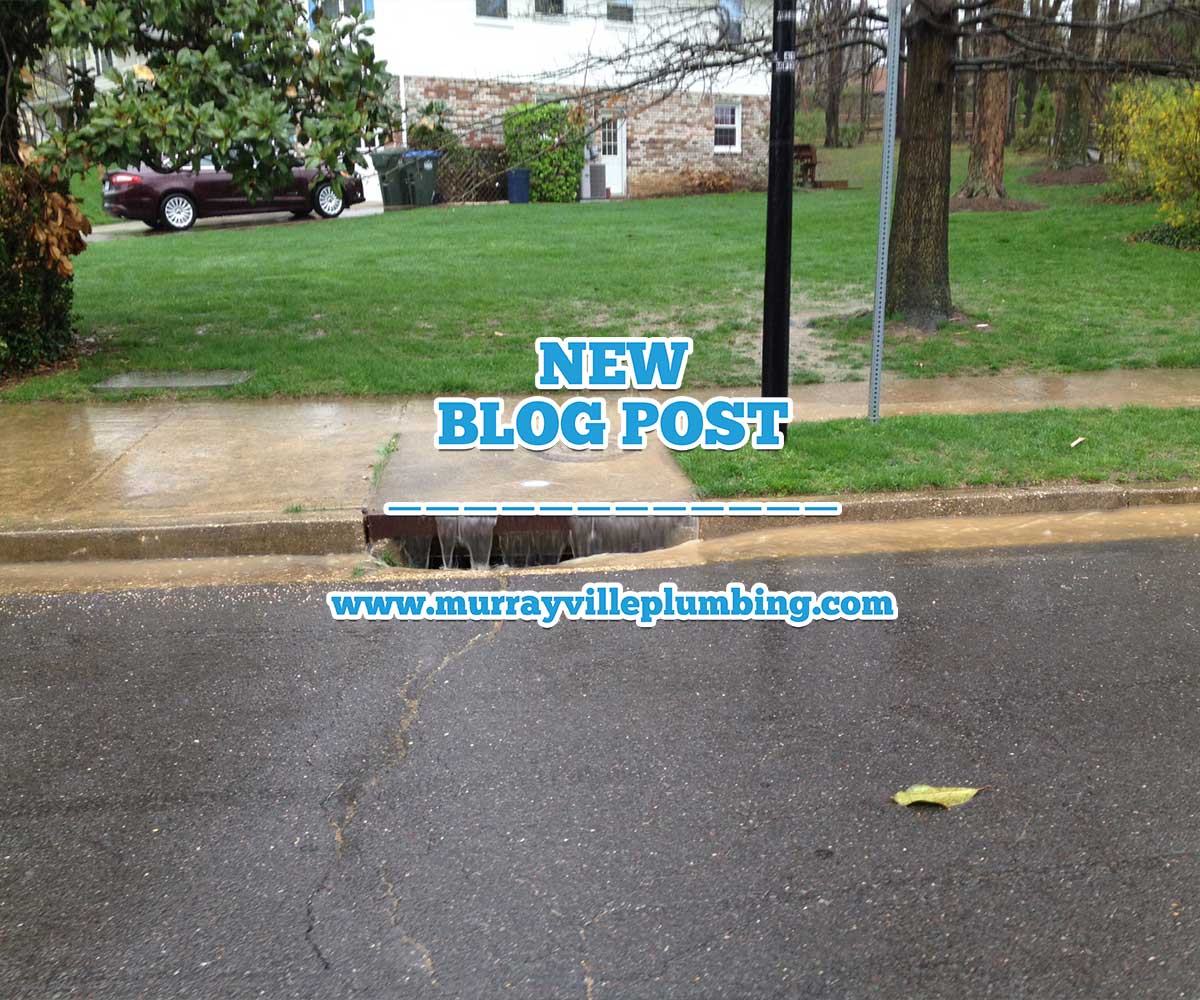Heavy Rain & Your Drainage
Heavy rain can affect your home plumbing system by increasing pressure on your pipes, shifting underground pipes, causing backups, and more. As licensed plumbers, Murrayville Plumbing offers residential and commercial plumbing services should your home need them. If you’re curious about learning what you can do to protect your home plumbing system from heavy rainfall, this read is for you.
If you have any questions about your plumbing, please feel free to contact us and we’ll get back to you as soon as possible with an answer.
Heavy Rain Can Increase Pressure on Pipes
There is a reason water is known as the most destructive substance on earth.
Heavy rainfall can create an increased amount of pressure on your pipes, potentially damaging them. However, that increased water pressure may not be directly on the pipes. For example, the rain will be soaked up in the surrounding sand or dirt, creating mud that will rest heavier on the pipes. Most residential plumbing systems today are built to be very durable, but no one can accurately predict the impact the weather elements can have on plumbing systems.
In the event of a flood, we do have a post titled How Can I Protect My House From FLooding for more information.
Heavy Rain Can Shift Underground Pipes
During times of high precipitation, rain can soften the earth surrounding the underground pipes. This may potentially cause them to shift out of their original positions. With the addition of increased pressure the rainwater causes described above, the shifting of the buried pipes can lead to cracking in your plumbing if the pipes are forced to bend into a position they are not meant to be in.
Cracked pipes can be a major problem, and can create further headaches if not fixed right away. If you know there is a cracked pipe, turn your water main off right away and call an emergency plumber.
Heavy Rain Can Cause Backups in Pipes
In addition to having to deal with leaky underground plumbing, you may also have to deal with backups from rocks and soil. This debris can get into your pipes through the cracks that were a result of the pipes shifting.
If these blockages in the pipes from the debris are too strong, it could result in water seeping into your home’s basement or underground storage areas.
Another thing to watch out for is if tree roots begin to break into your pipes. Tree roots love to absorb the nutrients from pipes and will stop at nothing to crack them. Once they do, they’ll start to grow inside them and can cause a backup.
During heavy rain seasons, keep an eye out for this. If you notice your toilet bowl filling up after an empty flush sometimes, or you notice water in your shower drain going down slower, it could be a sign that something is slowly clogging your pipes.
What You Can Do
During times of high precipitation, the best course of action for homeowners is to make sure that their plumbing system is up to date and working properly.
If you have any existing plumbing issues or repairs, make sure you get them attended to by a professional plumber before the heavy rain season otherwise they may escalate to a costly problem.
Making sure your plumbing system is working properly before the heavy rainfall increases the likelihood that your pipes will survive the high volumes of water. A good time to have your pipes looked at is before the winter or during the spring.
Remember to Check Gutters
During an aggressive rainfall or if there’s an excess in water from melted snow, make sure to check road drains. As water moves down them, sometimes it brings with it leaves and sticks which can create a dam.
To prevent a surge of water all at once on your city pipes, and to help prevent problems like flooding, try to do an area check on the street drains near your home.

